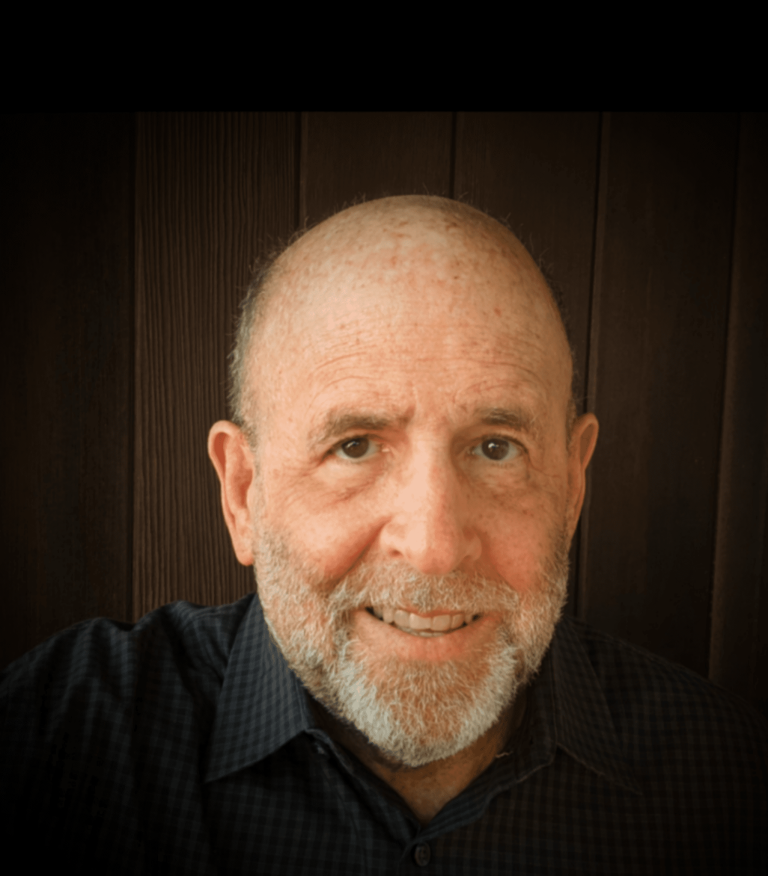
Andrew Malekoff
There has been extensive reporting of late about the DOJ and FBI slow-walking the investigation into the White House’s role in the fake elector scheme and Jan. 6 attack against the Capitol.
That is even though Merrick Garland pledged he would pursue justice without fear or favor, when he was being vetted to become attorney general.
“More than a year would pass before prosecutors and FBI agents jointly embarked on a formal probe of actions directed from the White House to try to steal the election,” reported the Washington Post on June 20. “Even then, the FBI stopped short of identifying the former president as a focus of that investigation,” wrote Carol Leonnig and Aaron C. Davis who broke the story.
Did Garland slow-walk the investigation intentionally? Was he driven, consciously or unconsciously by political considerstions?
The Department of Justice’s mission is to enforce federal laws, seek just punishment for the guilty, and ensure the fair and impartial administration of justice.
Even so, “A wariness about appearing partisan, institutional caution, and clashes over how much evidence was sufficient to investigate the actions of Trump and those around him all contributed to the slow pace,” according to Leonnig and Davis.
As the DOJ and FBI aggressively pursued hundreds of blue-collar foot soldiers who committed criminal acts including violently assaulting law enforcement officers on the grounds of the Capitol, they appeared to have dragged their feet for more than a year in going after the white-collar plotters, the higher-ups, who endeavored to steal the election by orchestrating a coup.
As delays mount, what one observes is Trump getting the special treatment that he quite often projects onto his adversaries, undermining the people’s faith in the rule of law.
It is indeed political to sit on one’s hands and do nothing. Garland clearly did not do nothing. However, as the old adage goes: justice delayed is justice denied.
Am I being overly harsh in questioning the motives behind the apparent inertia? Was the initial delay in aggressively pursuing the case an overcompensation by DOJ so as not to appear partisan? Did AG Merrick Garland act without fear or favor? If not, why not?
Any perceived timidity by Garland in DOJ’s pursuit of the White House plotters is inherently political. Assigning Special Prosecutor Jack Smith was an important step in the right direction, but the timing was such that Trump’s tried and true tactic of delay prevailed.
Smith, in his investigation of the mishandling of classified documents, has secured a grand jury indictment, in which Trump was charged with 31 counts of violating a part of the Espionage Act.
It remains to be seen how much time was made up by Smith’s efforts. Further delays in the timing of the trial could blow up the investigation depending on when the trial is set and or what the outcome of the 2024 presidential election is.
In the former case, with further delays, no trial might happen until after the election. In the latter, should he win the presidency, Trump will obliterate the investigation and begin the pardon parade.
“When this dark chapter is over and Trump has been held accountable, we’ll need to do an autopsy to ascertain why DOJ / FBI leadership failed to meet the urgency of the moment,” tweeted former federal prosecutor Glen Kirschner.
Any time partisan sensitivities factor into helping the wealthy, connected, and powerful to evade accountability for their bad acts, faith in the rule of law diminishes and loses all credibility, respect, and integrity.
In this case, I am left with the impression that Lady Liberty peaked over her blindfold, held up a forefinger to see which way the wind was blowing, and decided to lean into political consideration, as opposed to expeditiously pursuing justice.
Or, did Merrick Garland just spit the bit?






